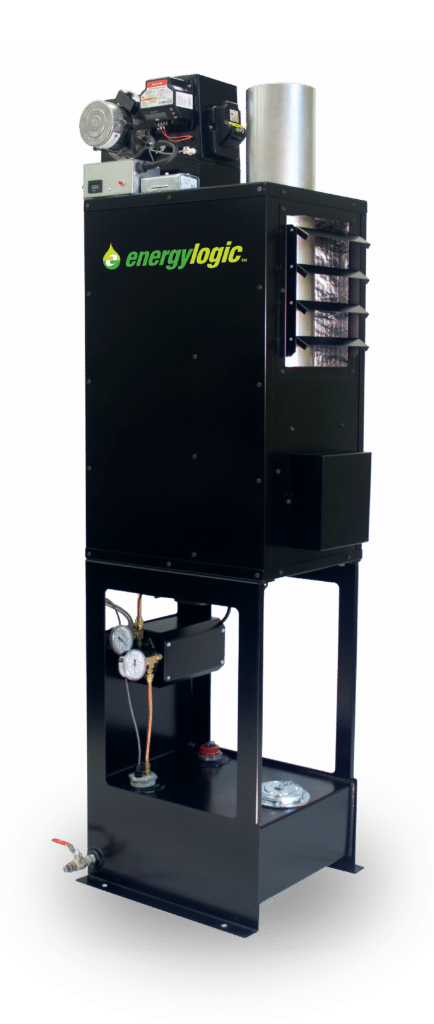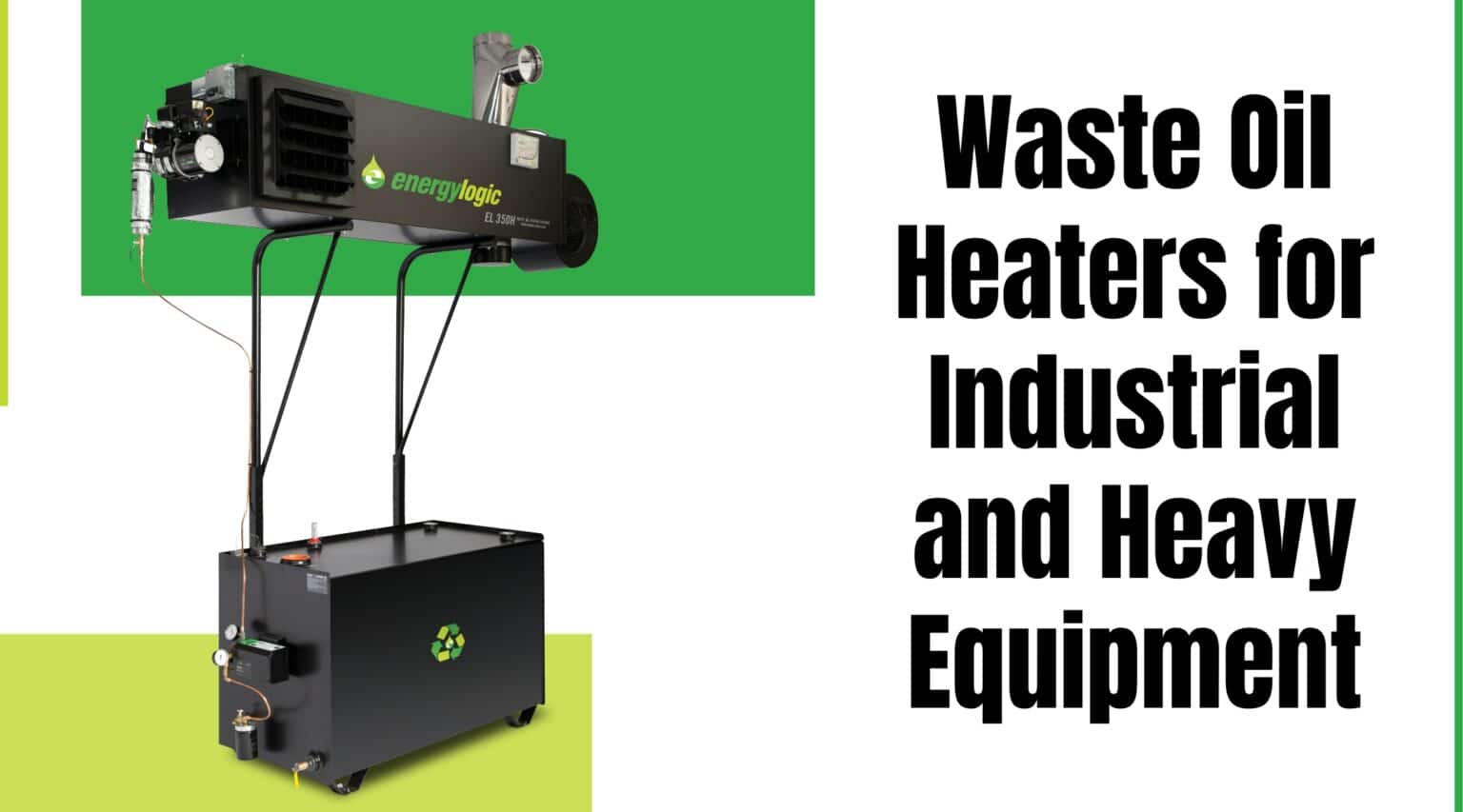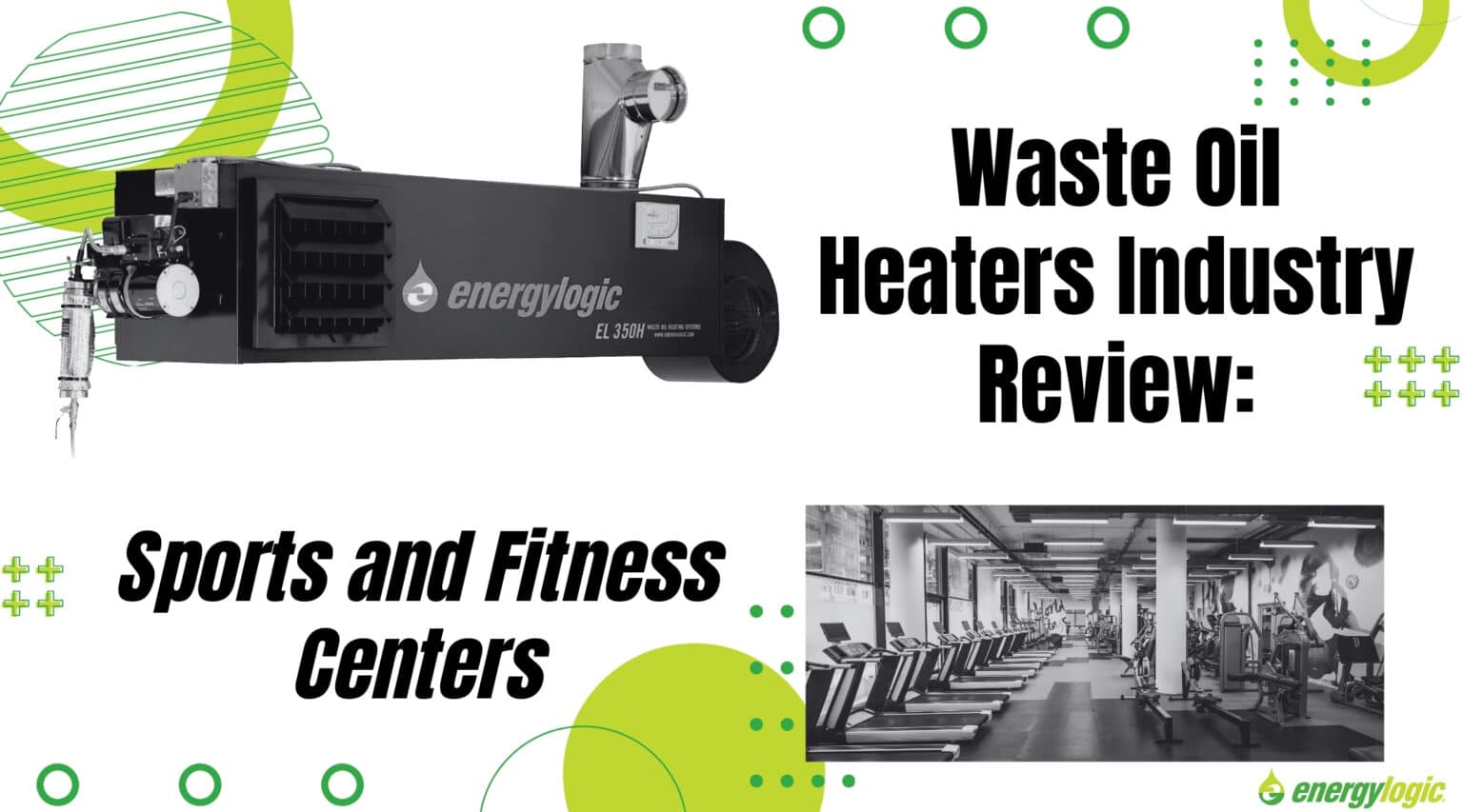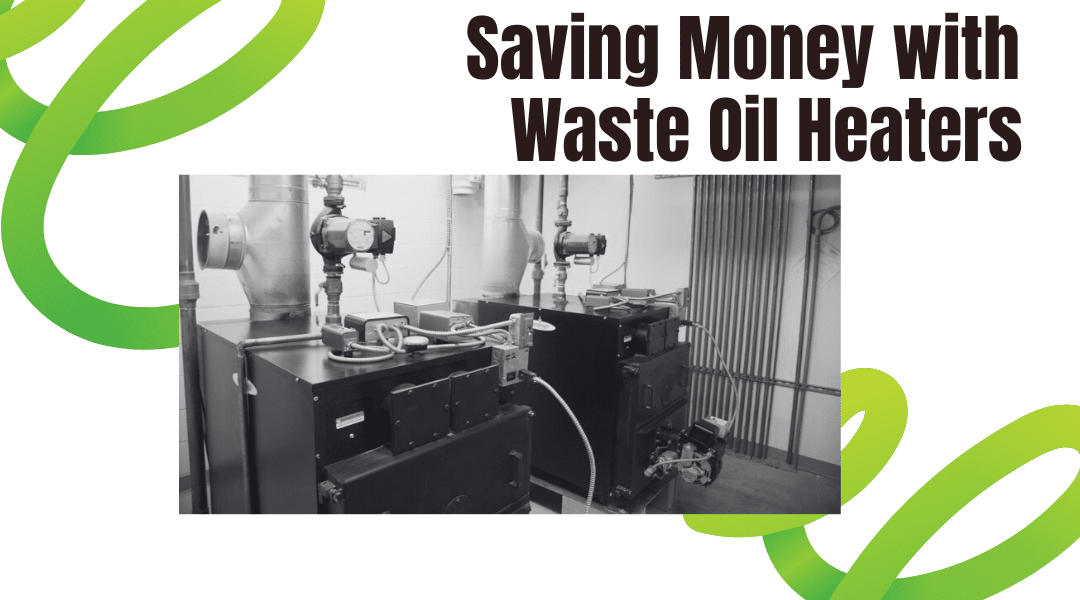
In Virginia, industrial and automotive businesses must comply with state and federal guidelines when handling waste oil. Luckily, Virginia is one of a few US states that offers positive waste oil incentives. Companies have access to recycling tax credits. If your business collects or creates waste oil in the state, consider the laws and determine your eligibility for these benefits.
Virginia’s Waste Oil Laws
Virginia’s waste oil laws take into account all the federal requirements for the management of used oil, as well as a few state additions. Businesses engaged in auto repair must manage these fluids as required by Virginia’s Department of Environmental Equality. These waste oil regulations include stipulations around the generation, transportation, burning, and processing of used oil. Used oil generators must:
- Avoid disposing of any kind of motor oil into the environment
- Not use used oil as a dust suppressant
- Collect and store waste oil in secure and approved containers
- Maintain containers and tanks in good condition with no leaks
- Label containers and tanks with the words ‘Used Oil’
- Establish a Spill Prevention, Control and Countermeasures (SPCC) plan
- Maintain containers and tanks in good condition with no leaks
- Use a transporter with an EPA identification number
- Recycle used oil at an appropriate waste disposal facility or use an approved recycling method
Any generator of used oil breaking these laws or illegally caught dumping oil on state property will have to clean up the mess and may be fined.
Reimbursement for Regulated Storage Tank Mishaps

Unfortunately, even when businesses follow all the rules and regulations, accidents can still happen. For these instances, Virginia has set up a Petroleum Storage Tank Fund. This reimbursement program offers some recompense for enterprises that maintain regulated storage tanks and experience a release. For example, suppose a company identifies a leak or another problem with the storage tank and needs to engage in cleanup activities. In that case, the state may offer compensation for the costs incurred using the funds.
Businesses wishing to file a reimbursement claim can get an application package from the Department of Environmental Quality website. The application package includes application forms, documentation of costs incurred (invoices), and a cost worksheet. The completed application package can be emailed to Claim.Decision@DEQ.Virginia.gov
Waste Motor Oil Burning Equipment Credit

Virginia offers businesses additional incentives that can help them comply with state regulations. One such incentive is a tax credit for companies that purchase environmentally friendly waste oil burning equipment that meets state guidelines. Under the credit terms, businesses that operate in Virginia and collect waste oil from individuals may apply for a tax credit. This credit is equal to 50% of the equipment price – as long as that equipment is used exclusively for burning waste oil.
The tax credit comes with several additional stipulations:
- Taxpayers may only claim credits up to a maximum of $5,000.
- The credit may only be used during the same year the business purchased the equipment.
- Businesses may not use the remaining tax credit amount in any way.
- The state’s Department of Environmental Quality must approve of the equipment in question before a company may take advantage of the tax credit.

Businesses searching for waste oil burning equipment can find different compliant products on the market today. Some are designed exclusively for disposal, while others convert the waste oil into a free fuel source for high-efficiency heating and cooling.
Finding the Right Waste Oil Solution
Automotive and industrial enterprises that produce waste oil may benefit from investing in cutting-edge waste oil burning solutions. In addition to helping organizations maintain regulatory compliance, waste oil heating and cooling solutions are also environmentally friendly and highly efficient. Consider turning an existing byproduct into a free fuel source for cold Virginia winters and warm summers.
Sources:
http://law.lis.virginia.gov/vacodepopularnames/state-water-control-law/
http://www.deq.virginia.gov/Portals/0/DEQ/Land/Forms/wmostds.pdf
http://www.deq.virginia.gov/Portals/0/DEQ/Land/Tanks/regpt.pdf
https://www.deq.virginia.gov/




